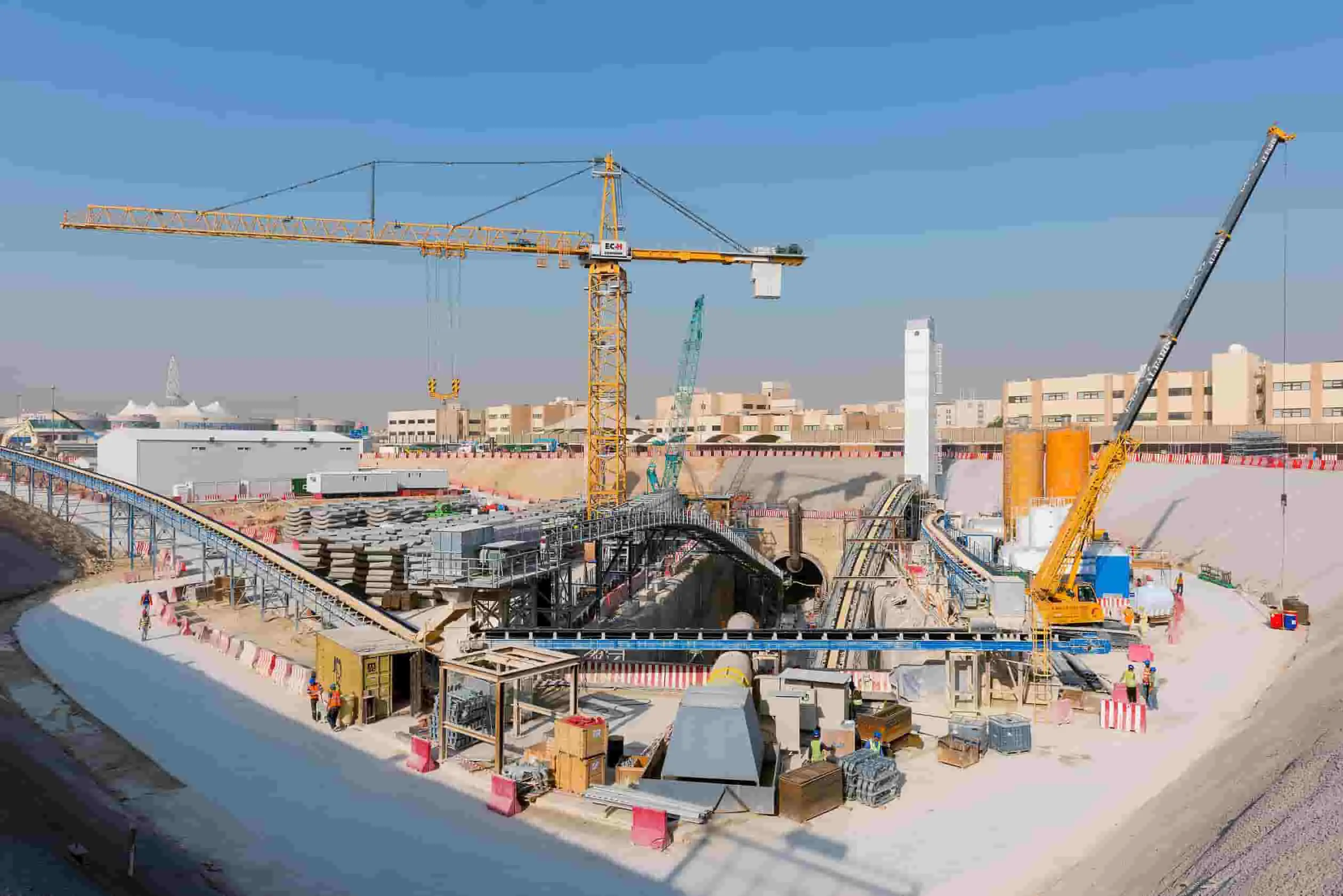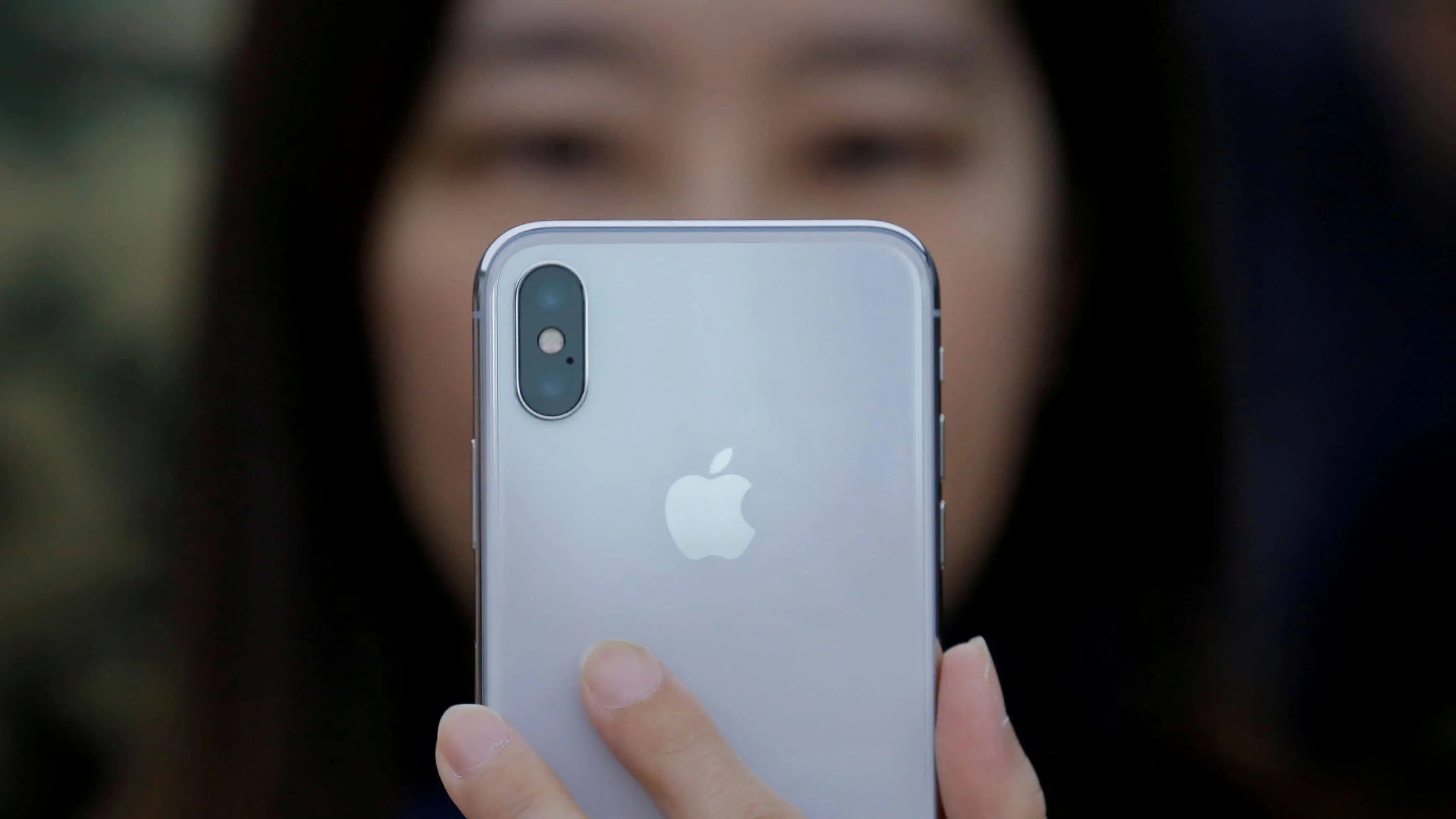
After multiple decades of dependence on oil, Saudi Arabia is finally all set to diversify its economy. As decided earlier, after a delay of almost a year, Saudi Arabia is now all set to sell assets worth of $11 billion. The Arabian Government aims for this money by 2020 through its privatization program that includes […]Continue Reading









